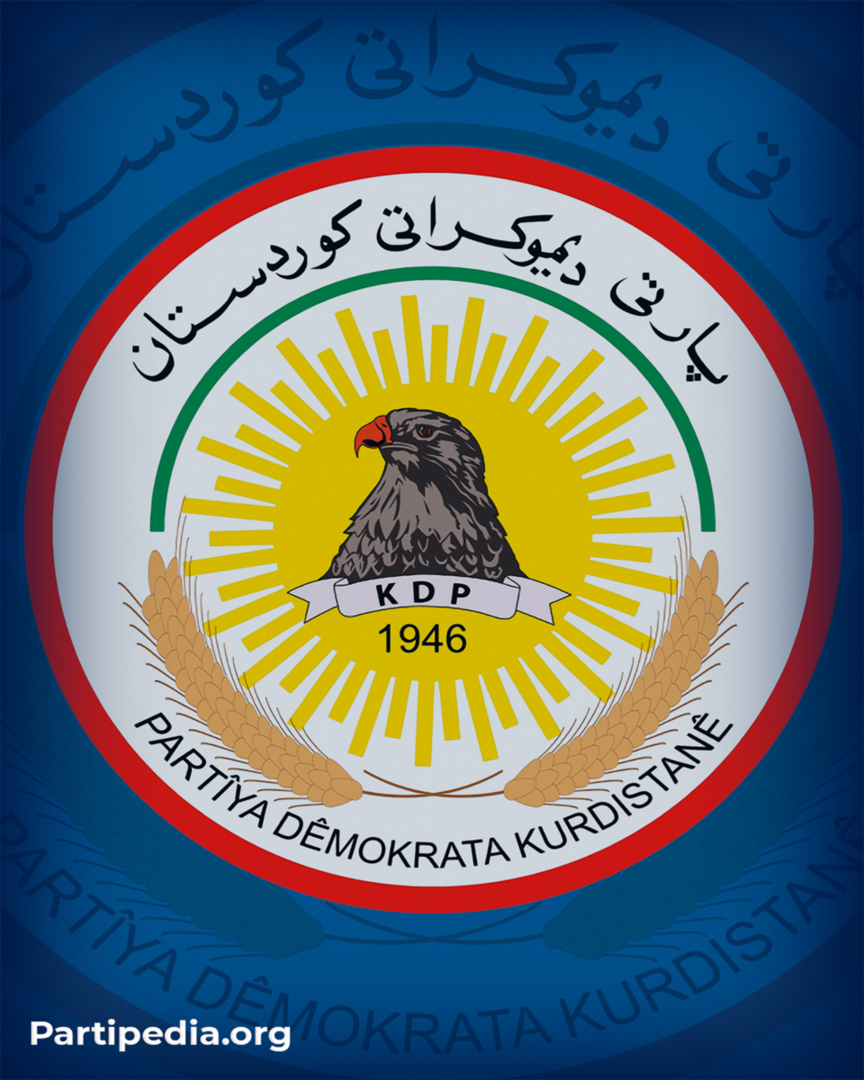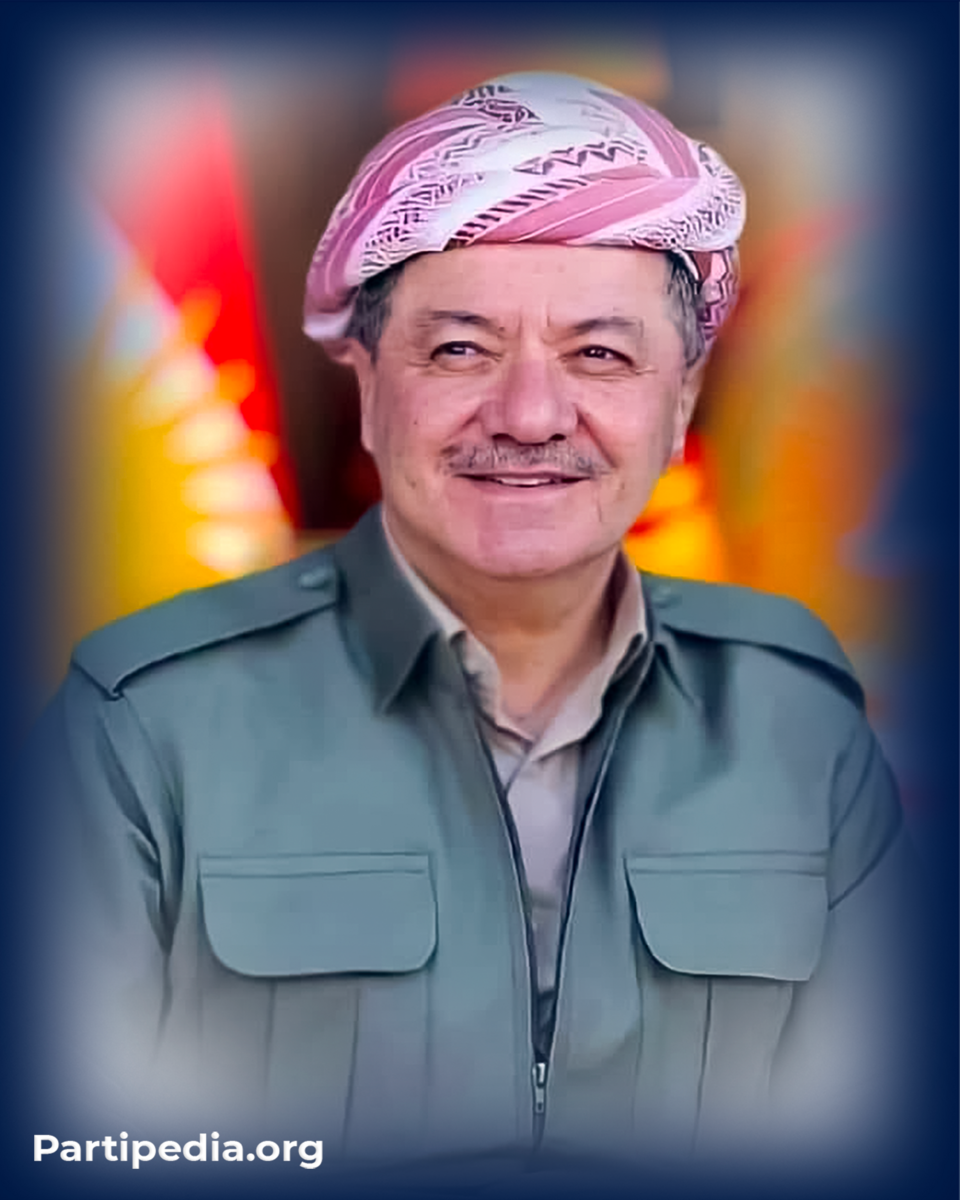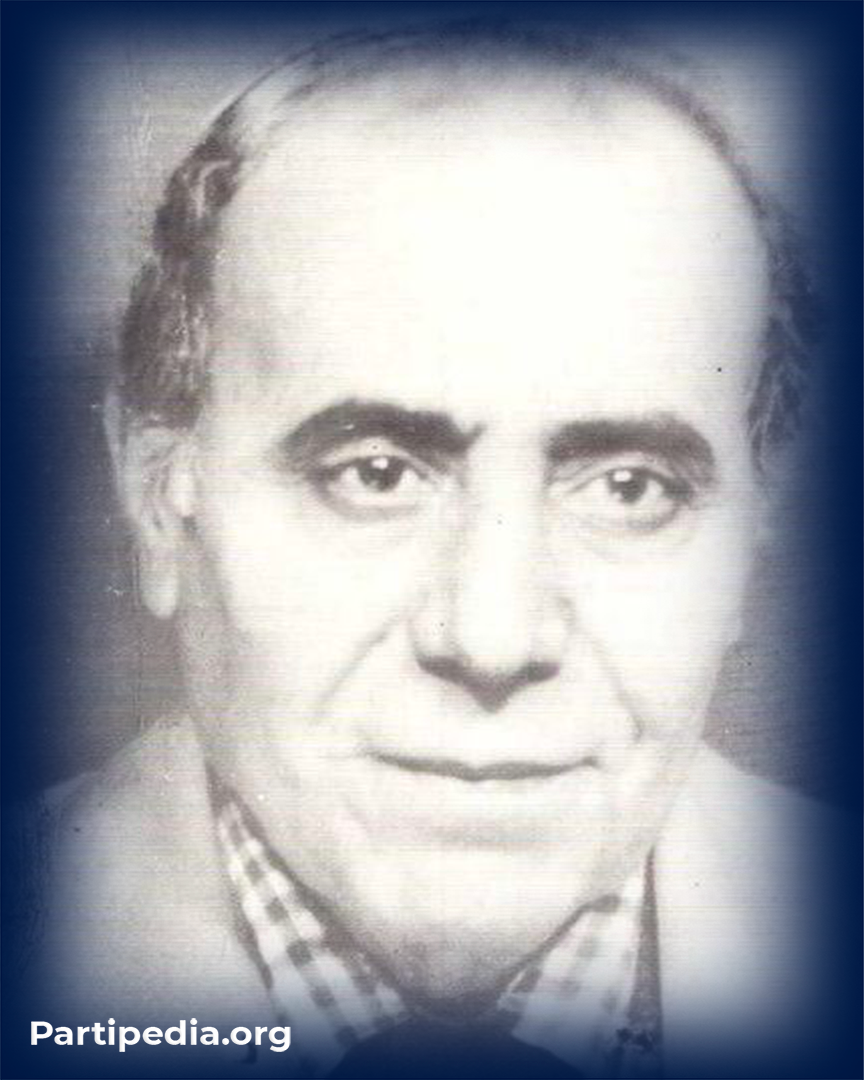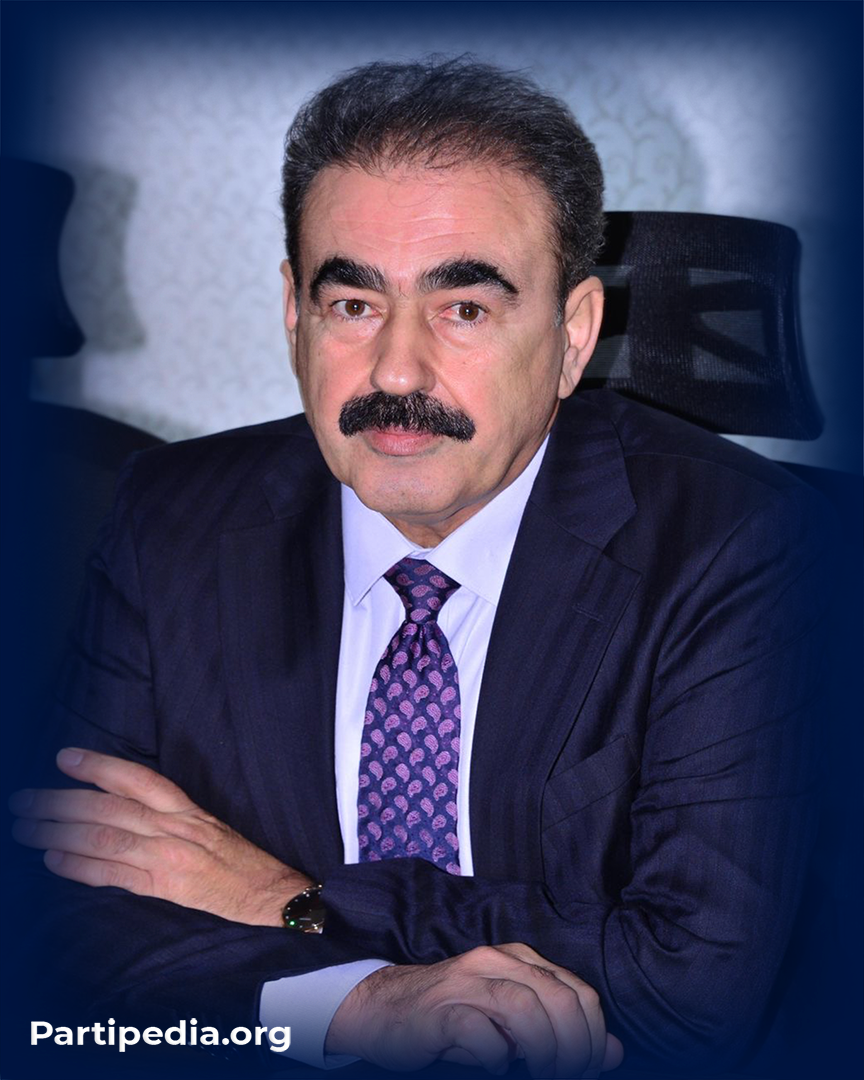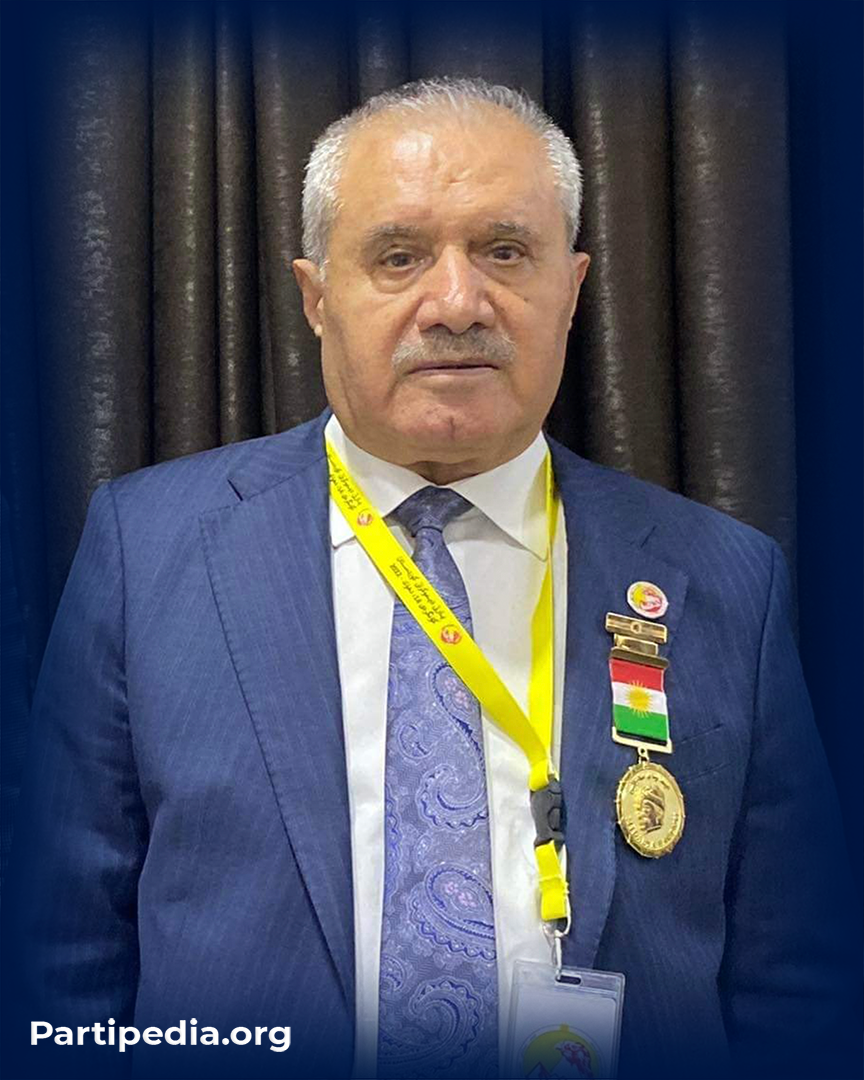Biography
Sadiq Mohammad Amin Mohammad, also known as Sadiq Effendi, was born in Sulaimani in 1912. He received his education up to the primary school level. Following the collapse of the September Revolution in 1975, he sought refuge in Iran and resided there as a displaced person. However, in 1977, he made the decision to return to South Kurdistan. Tragically, he met his demise on August 13, 1981, in Sulaimani, at the hands of Warya Wasta Wahab, the leader of the PUK's assassins, acting upon the orders of Nushrewan Mustafa Amin, the secretary of the Kurdistan Workers' Association. Sadiq Effendi possessed fluency in Kurdish, Arabic, and Persian languages.
Service Record
In 1930, he enlisted in the Iraqi army and served as a deputy officer. By 1940, he became a member of the Kurdish Hope Party in Sulaimani, and in 1946, he joined the Kurdish Democratic Party. In 1959, he represented the Fourth Congress of the Kurdistan Democratic Party (KDP) in Baghdad. Additionally, during the same year, he assumed the position of head of the Ranya Regional Committee of the Fourth Branch Committee of the Kurdistan Democratic Party (KDP). In 1960, he attended the fifth congress of the Kurdistan Democratic Party (KDP) in Baghdad. In 1961, he joined the Peshmerga forces of the September Revolution, serving as the deputy of the Sharbazher sector. He actively participated in the conquest of the Chwarta police station in Sulaimani province. In 1963, he held the position of deputy head of the fourth district committee of the fourth branch of the Kurdistan Democratic Party (KDP). The following year, he represented the sixth congress of the Kurdistan Democratic Party (KDP) in Qaladze township of Sulaimani province. In 1965, he took charge of collecting food for the Peshmerga forces of the September Revolution in Sulaimani province. In 1966, he was appointed to the executive committee of the fourth branch of the Kurdistan Democratic Party (KDP). Later that year, he became a member of the preparatory committee for the seventh congress of the KDP. Moreover, in 1966, he assumed the role of deputy head of the third branch of the Kurdistan Democratic Party (KDP) and served as a representative at the seventh congress of the KDP in Galala village, located in the Erbil province. Subsequently, he was appointed as the deputy commander of the Balak force within the Second Army during the mid-1966 period. By 1967, he had ascended to the esteemed position of commander of the Balak force within the Second Army. In 1968, he assumed the role of executive in the fourth branch of the Kurdistan Democratic Party (KDP). Following that, in 1970, he secured a position as a reserve member of the Central Committee of the Kurdistan Democratic Party (KDP) during the 8th Congress. In the same year, he was entrusted with the responsibility of leading the committee of the third branch of the Kurdistan Democratic Party (KDP). On Tuesday, June 1, 1971, he acted as the representative of the Third Branch Committee, receiving a delegation from the Central Committee of the Communist Party of Bulgaria and accompanying them to Erbil on the same day. In 1974, he once again aligned himself with the ranks of the Kurdistan Democratic Party (KDP). During this period, he was appointed as the head of the organizing committee of the Kurdistan Democratic Party (KDP). Furthermore, from 1974 to 1975, he was designated by the Political Bureau of the Kurdistan Democratic Party (KDP) to oversee the committee responsible for supervising refugees in South Kurdistan in the Kingdom of Iran.
Sources:
-
ئـ.د.ئـ، فایلی ژماره FB-٣١، دهقی چاوپێكهوتن لهگهڵ وشیار سدیق محهمهد لهلایهن ئاوێستا ڕهوهند، پیرمام، ٥ حوزهیرانی ٢٠١٧ز، ل ل ١ ـ ٥.
-
حبیب محمد كریم، كركوك و ثورة أیلول المجیدة، مجلة گولان العربي، مركز گولان الثقافي، العدد ٧٠، السنة السادسة، أربیل، مطبعة وزارة التربیة، ٣١ آذار ٢٠٠٢م، ص ٣٩.
-
كریس كوچرا، جنبش ملی كرد، ترجمهی ابراهیم یونسی، چاپ دوم، (تهران ـ موسسه انتشارات نگاه ـ ١٣٧٧ھ . ش)، ص ٣٨٤.
-
عهبدوڕهحمان شهڕهفكهندی، چێشتی مجێور، (پاریس ـ ١٩٩٧ز)، ل ٤٩٤.
-
حبیب محمد كریم، تأریخ الحزب الدیمقراطي الكوردستاني ـ العراق (في محطات رئیسیة) ١٩٤٦ ـ ١٩٩٣، (دهوك ـ مطبعة خهبات ـ ١٩٩٨م)، ص ١١٧.
-
زانیار سهردار قڕگهیی، شههیدی سهركرده سدیق ئەفەندی، ڕۆژنامهی خهبات، ئۆرگانی پارتی دیموكراتی كوردستان، ژماره ٥٠٩١، ههولێر، یهكشهمه، ١٤ ئابی ٢٠١٦ز، ل ٧.
-
زیارة الوفد البلغاري الصدیق الی كردستان، جریدة التآخي، العدد ٧٥٥، بغداد، مطبعة دار الجاحظ، الأربعاء، ٩ حزیران ١٩٧١م، ص ٥.
-
زیارة الوفد البلغاري الصدیق الی كردستان، عاد الی بغداد، جریدة التآخي، العدد ٧٥٣، بغداد، مطبعة دار الجاحظ، الأثنین، ٧ حزیران ١٩٧١م، ص ٥.
-
علي سنجاري، حقیقة مسیرة ثورة ١١ أیلول ١٩٦١، (دهوك ـ مطبعة خاني ـ ٢٠١٣م)، ص ٢٩٢.
-
عهلی كهمال بهرزی، كهسایهتی ناودارانی كورد له سهدهی بیستهم، بهرگی یهكهم، (ههولێر ـ پڕۆژهی بهرزی ـ چاپخانهی زانكۆ ـ ١٩٩٩ز)، ل ١٢٩.
-
عوسمان سهنگهسهری، بهشێك له ژیانی سهركرده نهمرهكانی كوردستان، (بێ شوێن ـ چاپخانهی سیما ـ ٢٠١٤ز)، ل ٧٠.
-
لقی ٣ی پارتیمان ههمیشه پێشمهرگهی كورده و خهمخوری گهلی عێراقی خۆشهویسته، ڕۆژنامهی برایهتی، ژماره ١، سێشهمه، ٨ كانونی دووهمی ١٩٧٤ز، ل ٢.
-
مسعود البارزاني، البارزاني والحركة التحرریة الكردیة، المجلد الثالث، (أربیل ـ مطبعة وزارة التربیة ـ ٢٠٠٢م)، ص ٢٥٣.
-
نجم الدین الیوسفي، ثورة أیلول المجیدة، (دهوك ـ الفرع الأول للحزب الدیمقراطي الكوردستاني ـ الموحد ـ مطبعة كلیة الشریعة ـ ١٩٩٥م)، ص ٣٣.
-
ههڤاڵ كوێستانی، ئهو ڕۆژانهی نیشتمان هی ههمووان بوو، (سلێمانی ـ چاپخانهی كارۆ ـ ٢٠١٧ز)، ل ل ٣٠٢ ـ ٣٠٣.
-
ڕاگهیاندنی لقی چوار، شههید صدیق امین ناسراو به صدیقه فهندی، ڕۆژنامهی برایهتی، ئۆرگانی پارتی دیموكراتی كوردستان، ژماره ١٧١٩، یهكشهمه، ١٥ ئابی ١٩٩٣ز، ل ٤.




